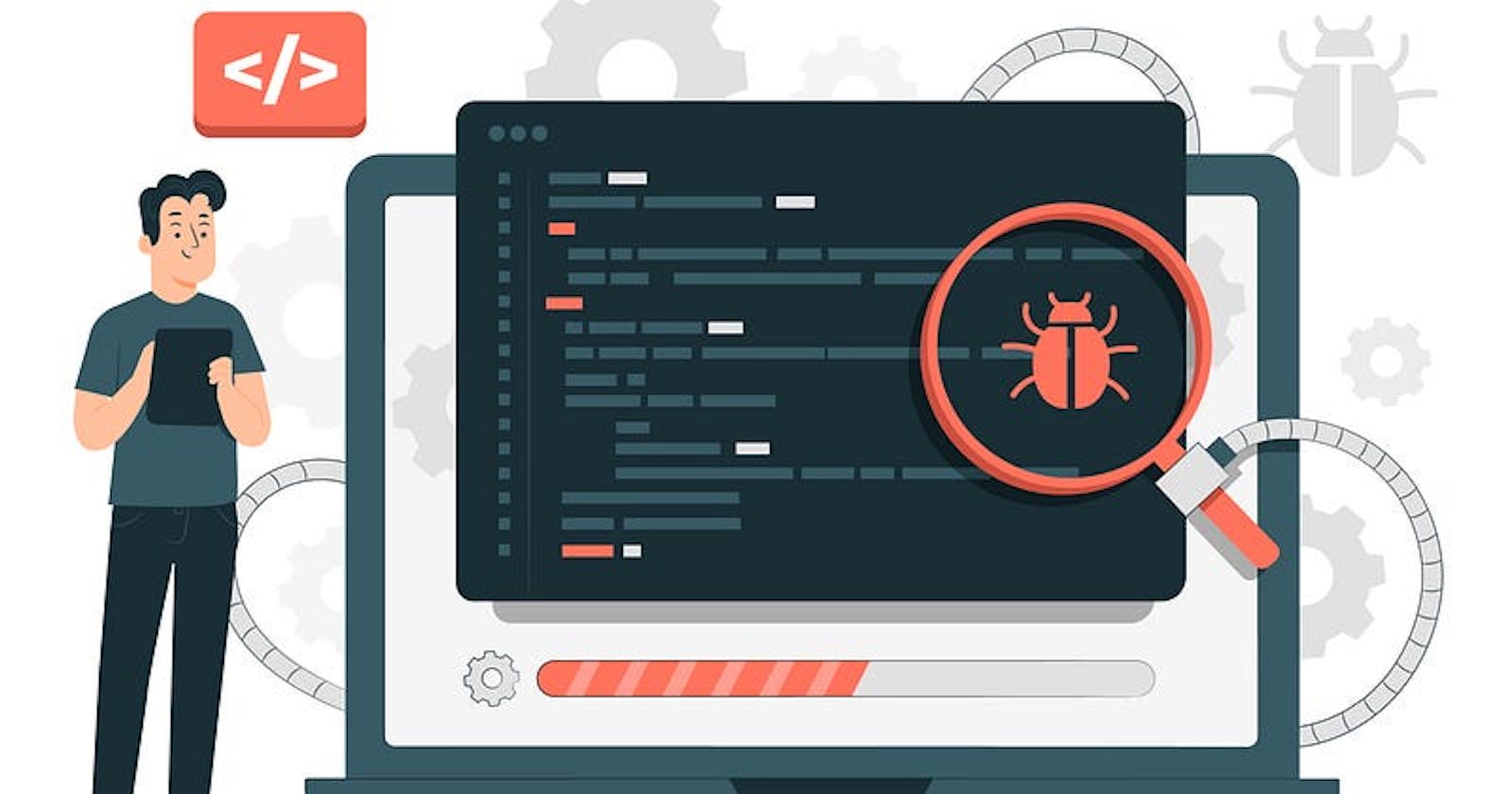Python’s elegance often belies the subtle complexities that can trip up even experienced developers. In this article, we’ll unravel 7 common Python mistakes to help you navigate the language more effectively.
1. Indentation: The Whispered Syntax
Python’s indentation-based syntax is powerful, but it can also be a pitfall. Mixing spaces and tabs or inconsistent indentation can lead to errors. Maintain a standardized and uniform indentation style throughout your code.
2. Mutable vs. Immutable: A Foundation Principle
Understanding the distinction between mutable (lists, dictionaries) and immutable (strings, tuples) types is crucial. Ignoring this can lead to unexpected behavior and bugs in your code. Immutable types offer predictability and reliability, while mutable types provide flexibility.
3. Scope and Lifetime: Mastering Variables
Python has specific rules for variable scope and lifetime. Variables defined inside functions have local scope and exist only within that function. Variables defined outside any function have a global scope. Misunderstanding these rules can lead to name clashes and unintended behavior.
4. Default Arguments with Mutable Types: Handle with Care
Using mutable objects (e.g., lists, dictionaries) as default arguments in a function can lead to unintended side effects. The default object is mutable and can retain changes across function calls, surprising developers. It’s advisable to use immutable objects or handle mutable defaults carefully within the function.
5. Exception Handling: Prepare for the Unexpected
Neglecting or mishandling exceptions can cause your program to crash or exhibit undesirable behavior. Implement robust exception handling using try, except, else, and finally blocks to gracefully manage errors and ensure a resilient program.
6. Virtual Environments: Your Project’s Safe Haven
Virtual environments are crucial for managing dependencies and isolating project environments. Neglecting them can result in conflicts between package versions, making your projects less portable and harder to manage. Always use virtual environments to maintain a clean and consistent development environment.
7. Global Variables: The Double-Edged Sword
Overuse of global variables can make code harder to understand, debug, and maintain. It’s best to use local variables within functions and pass necessary values as arguments. Reserve global variables for genuinely global data.
By understanding and avoiding these common Python mistakes, you can write more robust and maintainable code.
